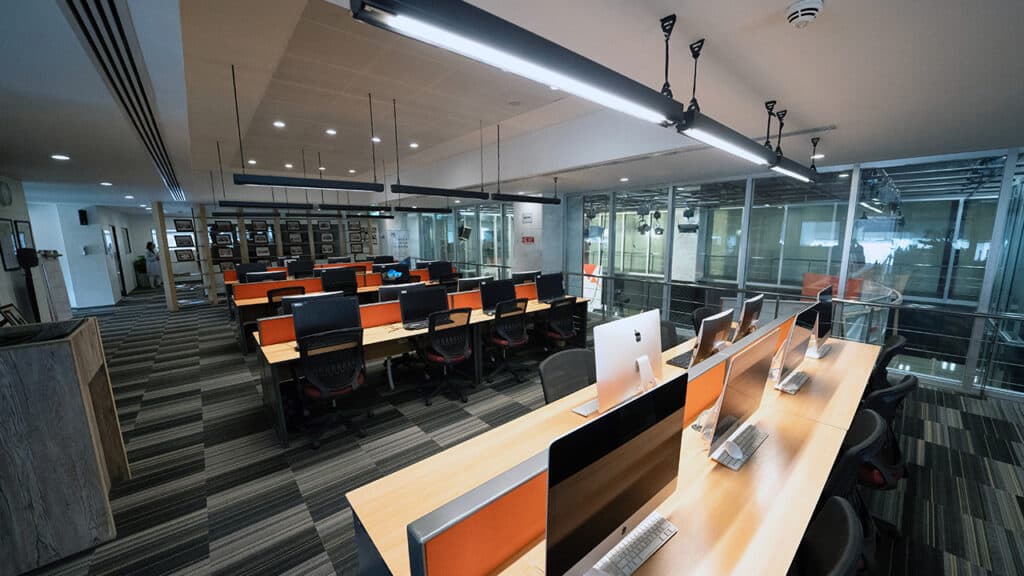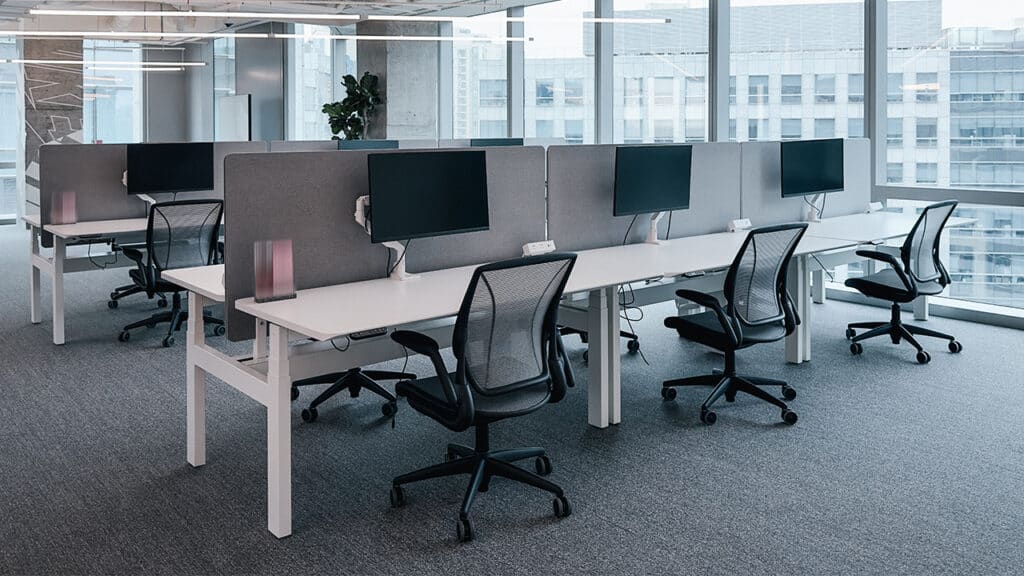Happy Chinese New Year! CNY for 2024 takes place from February 10 to 17. For Chinoys and Pinoys alike, this is a week of festive celebrations. In the same breath, it is also a crucial time when businesses around the world must swiftly reconfigure how their businesses are run.
China is the world’s number two economy and a major consumer goods growth market; as a result, several businesses have found new ways to source from China since the pandemic. Whatever the case may be, it’s easy to see how CNY causes problems at every step; there are several interruptions to deal with, including logistics, customs clearance, and changing product pricing.
Listed below are some useful suggestions for companies that may be affected by CNY:
Keep more inventory on hand.
In the weeks before the holidays, it is wise to raise stock inventories to prevent any production disruptions. But be wary: keeping too much inventory on hand raises storage costs and locks up cash, which might be a problem in the weeks after the holidays when consumer demand is likely to be weaker. But with the use of inventory optimization planning logic, we can match anticipated supply with expected demand to fulfill customer orders, cut lead times in half, and avoid stock shortages and over-ordering.
Take note of how long the festivities will last.
Companies should be mindful that suppliers, contract manufacturers, and partners situated in China may take a production break of up to four weeks over the Chinese New Year, even if the holiday itself is just seven days long. The Chinese New Year (CNY) holiday is observed for at least two weeks. The government and all manufacturing facilities come to a halt during this period. To prioritize and process items with a short shelf life, ports and customs sometimes run with a reduced workforce.
Keep a hawk’s eye on quality control.
When production is ramping up to meet the urgent demand for the goods, quality control should be in place to keep things from slipping. Minimizing the risk of late delivery or, worse, providing defective items to clients may be achieved with a quality management strategy and a comprehensive inspection plan.
Have backup suppliers.
Spreading the supply of critical materials or goods among numerous suppliers may help diversify the supplier base, which in turn reduces risks and allows for the rapid ramp-up of other sources and contracts in the case of an interruption. Think about broadening your supplier network to include dependable people in nearby areas to the present manufacturing location.
Partner with a BPO that understands how the supply chain works, the importance of protocol, customer service and logistics, and the ins and outs of global trade.
NEARSOL is at the forefront of customer service and back-end operations. There is good reason why the world’s biggest brands choose the Philippines and NEARSOL as their partner BPO. For starters, the cost-cutting actions of many overseas corporations, together with the worldwide economic recession, predict bigger demand. According to the IT and Business Process Association of the Philippines, or IBPAP, the BPO industry in the Philippines alone can potentially generate up to US$40 billion in revenue in 2024. This is because firms will continue to outsource, and many will choose to employ global business services to meet cost-cutting objectives.
Things are looking well after the epidemic. According to IBPAP, the BPO industry has outperformed its 2022 and 2023 objectives. The number of full-time workers climbed by 8.40% (121,000), bringing the overall industry workforce in 2022 to 1.57 million.
Revenues of $32.50 billion for 2022 have also been confirmed.
Why firms should move to the Philippines
Despite the turbulent political landscape, the Philippines’ economic climate continues to improve significantly over prior years. Many of the advancements are intimately related to BPO programs, supporting national and local governments, and a committed academic community. Being one of the country’s primary sources of income, the Board of Investments (BOI) has provided local fiscal and non-fiscal incentives to BPOs, such as tax breaks. Special Economic Zones (PEZA) have been established, allowing BPOs to benefit from tax breaks, tax income holidays, and permanent resident status for foreign investors and family members.
The Lunar New Year is upon us! Start the year strong by engaging the right partner for your global business. Keep your supply chain from being negatively affected by engaging the country’s finest – NEARSOL.
NEARSOL is a US-based BPO and service company that offers clients custom-design solutions. With major hubs in Manila and Iloilo, it began operations in 2011 and has since gained a strong presence in the Latin American regions, the Caribbean, and the Asia Pacific, winning many awards for quality and service along the way. Most recent of which is its Great Place to Work-Certified™ Recognition, a global accreditation that tells stakeholders what employees think of the company culture.
Visit our LinkedIn to learn more about our company and our global footprint.





